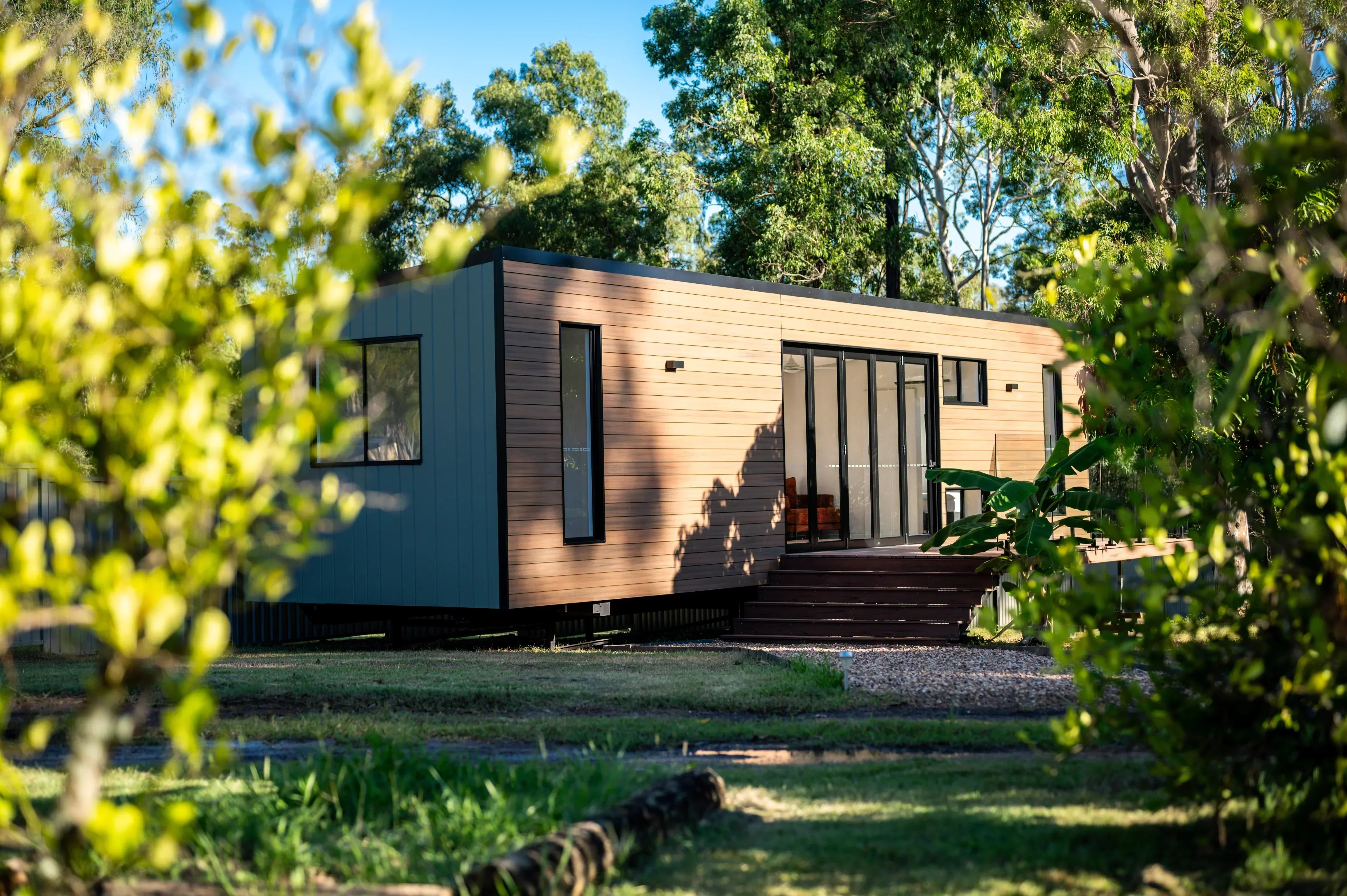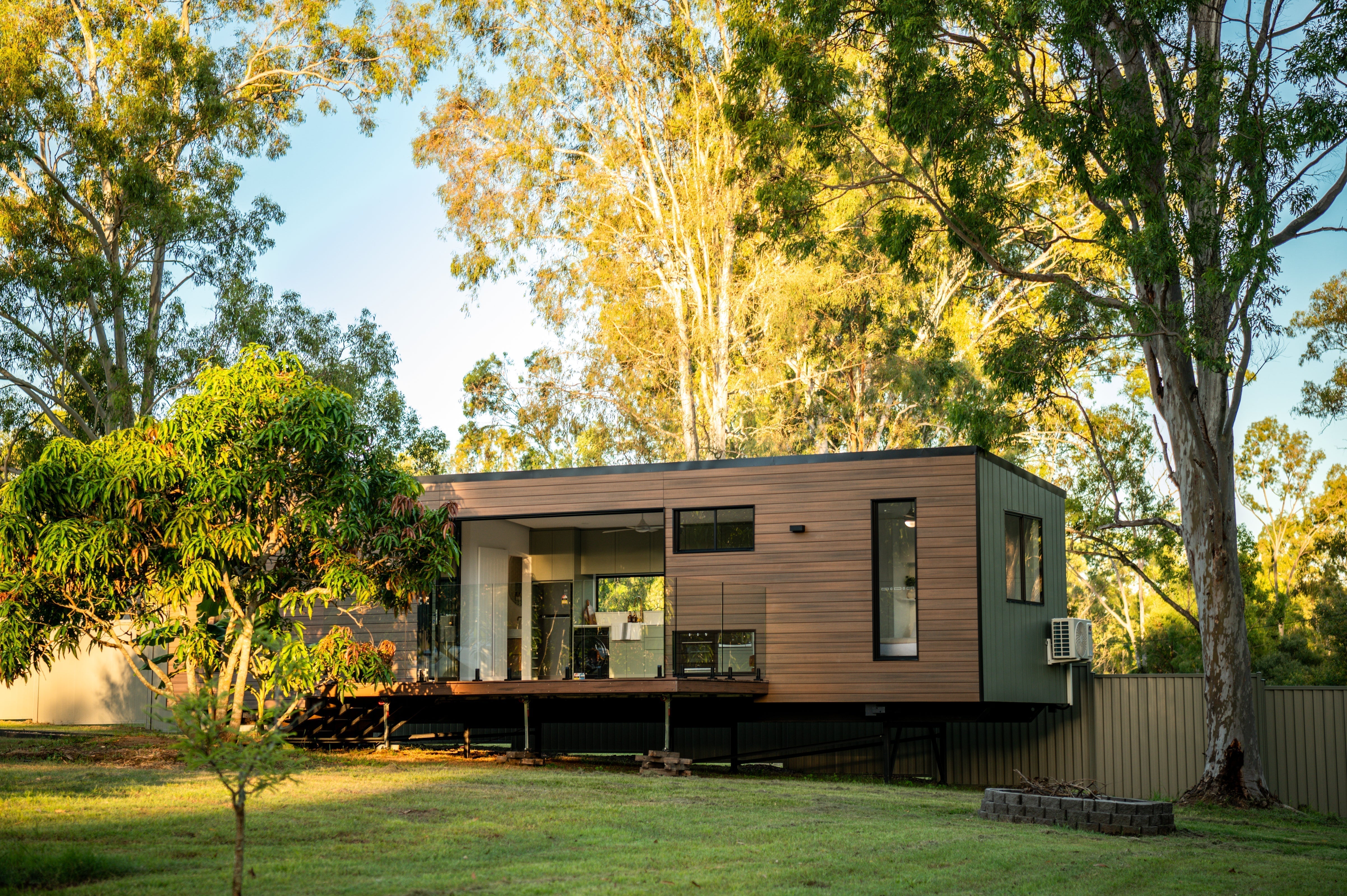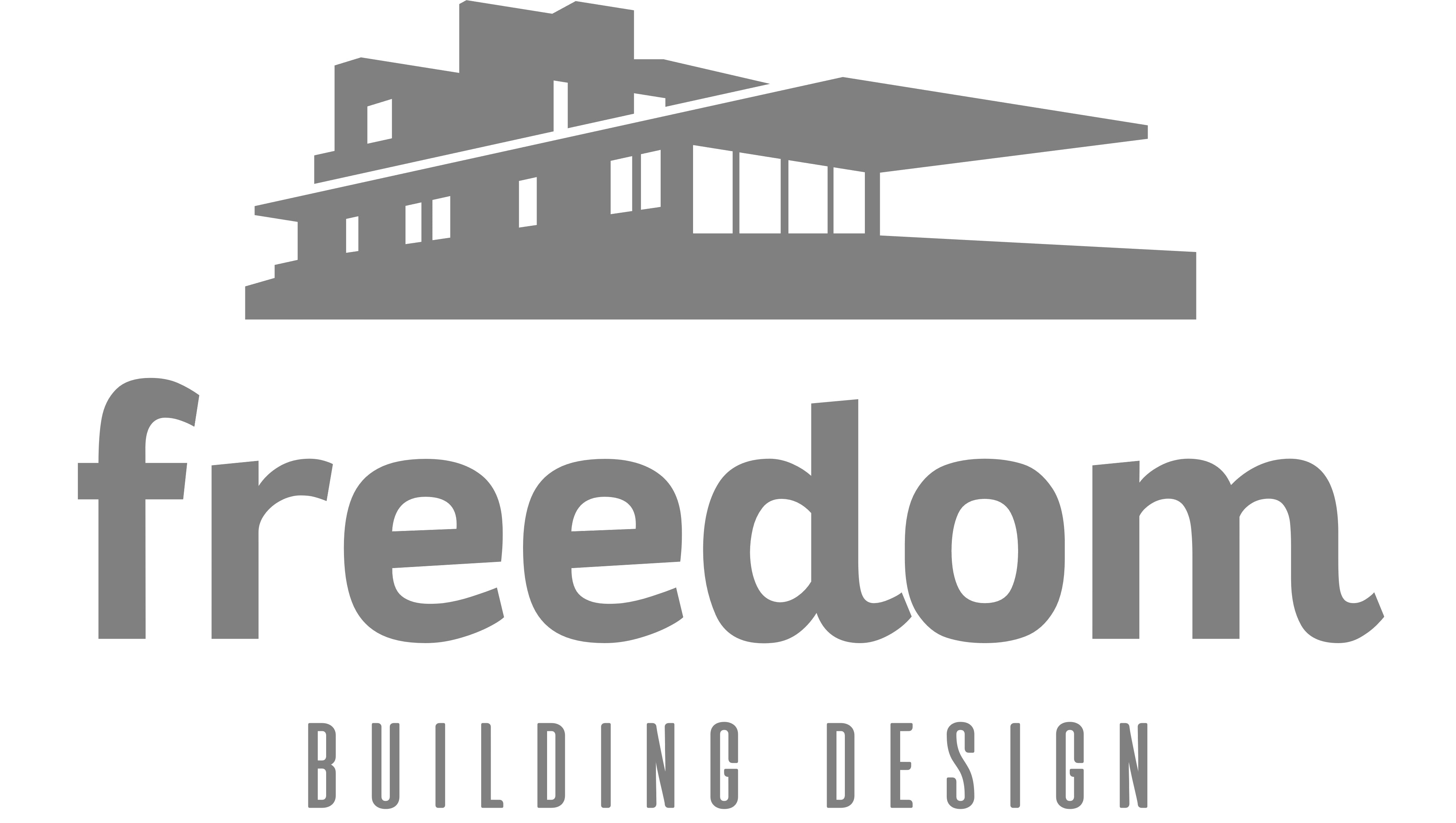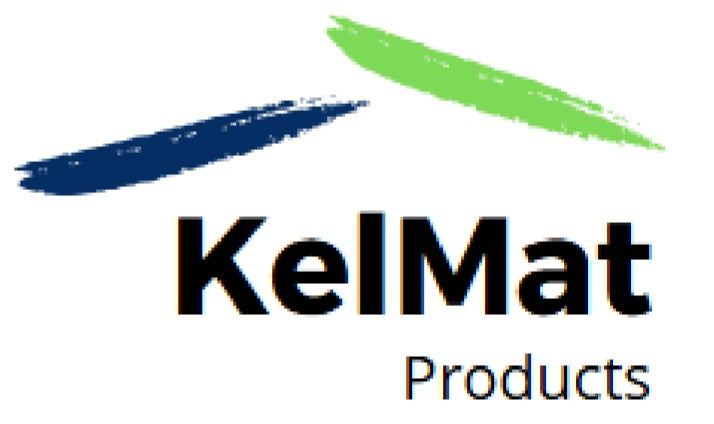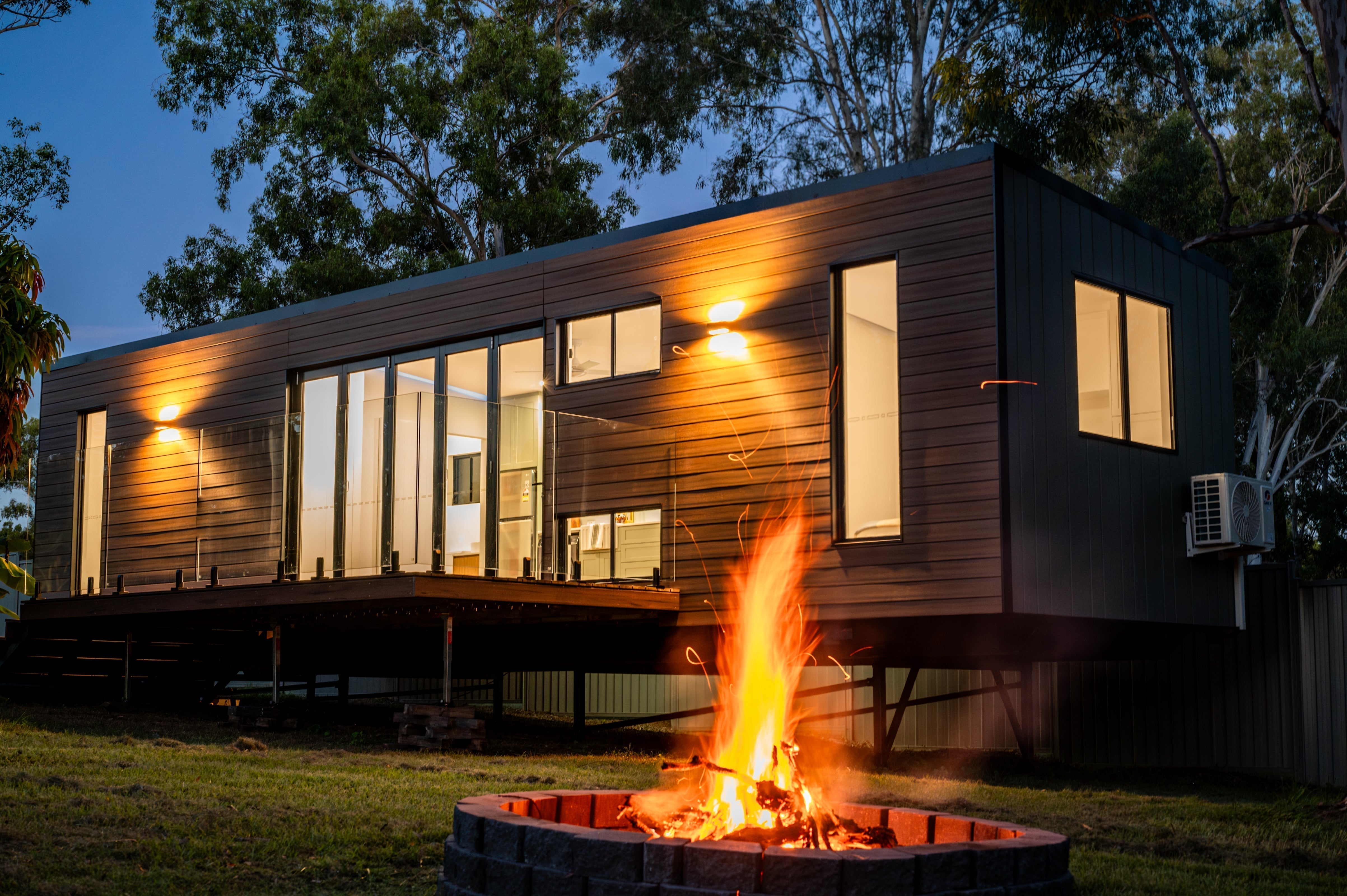
The Economics Behind Modular Construction and Cost Savings
In today’s housing market, rising construction costs and lengthy timelines are major challenges for homeowners and investors alike. Modular construction is emerging as a smart alternative, offering a combination of affordability, speed, and quality. By building homes in controlled factory environments, modular solutions reduce inefficiencies and provide significant cost savings compared to traditional construction. Explore Bayleaf Modular Solutions to see how modular homes make financial and practical sense.
How Modular Construction Reduces Costs
1. Lower Labor Expenses
Traditional construction requires a large on-site workforce over several months, which drives up labor costs. In modular construction, much of the work is completed in a factory setting, streamlining processes and reducing the need for extended on-site labor. This controlled environment ensures efficiency, minimizes errors, and lowers overall labor expenditure.
2. Reduced Material Waste
Construction waste is a major hidden cost in conventional building. On-site mistakes, material over-ordering, and weather-related damages contribute to excess spending. Modular construction allows precise material planning and factory-controlled assembly, drastically reducing waste and optimizing resource use.
3. Faster Project Timelines
Time is money in construction. Traditional builds often face delays due to weather, supply chain issues, or labor shortages. Modular homes are built off-site in parallel with site preparation, shortening the overall construction timeline. Quicker completion reduces financing costs, temporary accommodation expenses, and allows homeowners or investors to occupy or rent their properties sooner.
Examples of Cost Efficiency
-
Material Optimization – Studies show modular projects can reduce material costs by up to 15% compared to conventional builds due to precise manufacturing and bulk purchasing.
-
Labor Savings – Factory-based construction can cut labor expenses by 20–30%, as fewer workers are needed on-site for shorter durations.
-
Faster ROI for Investors – Residential modular units can be completed in weeks rather than months, enabling faster rental income or resale, improving return on investment.
Sustainability and Long-Term Savings
Modular construction also contributes to economic efficiency through sustainability:
-
Energy Efficiency: Modular homes often feature superior insulation, energy-efficient windows, and solar-ready designs, reducing utility costs over time.
-
Lower Maintenance Costs: Factory-built homes are constructed to strict standards, ensuring durability and reducing the need for frequent repairs.
-
Resale Value: Sustainable, high-quality modular homes attract buyers in the long-term, providing better resale potential.
Customisation and Flexibility: Tailoring Modular Homes to Your Needs
One of the most significant advantages of modular construction is the ability to customize homes to suit individual lifestyles, preferences, and future needs. Unlike traditional builds, which often require costly and time-consuming modifications, modular homes are designed with flexibility in mind. Buyers can select layouts, finishes, room configurations, and even functional features that align perfectly with their requirements, all without significantly increasing costs or construction time.
Customisation starts at the design phase. Modular manufacturers, like Bayleaf, offer a wide range of floor plans that can be adjusted to suit the homeowner's lifestyle. Whether you prefer open-plan living spaces for entertaining, additional bedrooms for a growing family, or dedicated work-from-home areas, modular solutions can be tailored accordingly. This adaptability ensures that every square meter of your home serves a purpose and reflects your lifestyle priorities.
Another major benefit of modular customisation is scalability. As your family grows or your needs change, additional modules or extensions can be added seamlessly. For example, a two-bedroom modular home can later accommodate a home office, extra bedrooms, or a larger living space. This flexibility not only increases the functionality of your home but also enhances its long-term value, making modular homes a practical investment for years to come.
Interior customisation also plays a significant role in modern modular living. Homeowners can select premium finishes, eco-friendly materials, and energy-efficient appliances that align with both aesthetic and functional goals. From kitchen cabinetry and flooring options to bathroom layouts and lighting design, modular construction allows for high levels of personalization without the delays typically associated with traditional construction.
Beyond interior design, modular homes also allow for exterior customisation. Buyers can choose roofing styles, façade finishes, and landscaping options to match their taste and complement the surrounding neighborhood. This attention to detail ensures that modular homes do not compromise on style or curb appeal while delivering functional benefits.
Additionally, customisation extends to sustainable and energy-efficient features. Modular homes can be designed to include solar panels, advanced insulation, and water-saving technologies, all integrated into the original construction plan. This approach not only reduces environmental impact but also contributes to long-term cost savings on utilities and maintenance.
For those interested in exploring the full range of options, Bayleaf Modular Solutions provides a dedicated service for home customisation. You can learn more about Customisation of modular solutions to see how modular homes can be tailored to meet your specific requirements. Their team works closely with clients to balance design preferences, functionality, and budget, ensuring every home is unique and built for the homeowner's lifestyle.
In summary, modular customisation is a game-changer for anyone seeking a home that reflects personal needs and long-term goals. By allowing flexibility in design, scalability, interior and exterior finishes, and sustainable features, modular homes provide a level of personalization rarely achievable with traditional construction. This makes modular solutions not just a practical choice for affordability and efficiency, but also a smart investment in a home that grows and adapts alongside its owners.
Key Economic Benefits of Modular Construction
-
Predictable Costs – Factory-controlled processes reduce the risk of budget overruns.
-
Faster Completion – Reduced timelines mean less financing and faster use or rental of property.
-
Lower Waste and Maintenance – Efficient construction leads to fewer repairs and ongoing expenses.
-
Scalability for Developers – Multi-unit modular projects can be replicated easily, maximizing economies of scale.
Future-Proof Living: Adaptable Spaces That Grow with You
A major economic advantage of modular construction is its inherent adaptability, allowing homeowners and investors to future-proof their properties. Unlike traditional homes, which can be costly and disruptive to modify, modular homes are designed to evolve with changing needs. Additional modules can be added for extra bedrooms, home offices, or expanded living areas, without the extensive demolition or reconstruction typical of conventional builds.
This adaptability also benefits investors developing rental properties or multi-unit projects. Modular units can be reconfigured or repurposed to meet market demand, whether that means converting spaces for co-living, home offices, or short-term rentals. By designing homes that can grow or change over time, modular construction maximizes long-term value, reduces the risk of obsolescence, and ensures that every dollar spent today continues to pay dividends in the future.
In essence, investing in modular construction is not just about immediate cost savings it’s about creating a flexible, scalable home that remains economically viable and functional for years to come.
FAQs About Modular Construction and Cost Savings
Q1: Is modular construction cheaper than traditional building?
A1: Yes. Modular homes reduce labor, material waste, and construction timelines, offering significant cost savings.
Q2: Are modular homes customizable without extra costs?
A2: Absolutely. Modular construction allows layout and design flexibility while maintaining cost efficiency.
Q3: How long does it take to complete a modular home?
A3: Depending on size and complexity, modular homes can be completed in weeks rather than months, significantly faster than traditional builds.
Q4: Do modular homes save on energy and maintenance costs?
A4: Yes. Modular homes are designed with energy-efficient materials and durable construction, reducing utility and repair expenses over time.
Q5: Can modular construction be used for multi-unit projects?
A5: Yes. Modular techniques are highly scalable, making them ideal for developments and community housing projects.
Conclusion
The economics of modular construction make it a compelling choice for homeowners, investors, and developers. By lowering labor and material costs, reducing timelines, and offering long-term energy and maintenance savings, modular homes provide a financially smart and sustainable alternative to traditional construction.
Explore more about cost-efficient and sustainable modular homes at Bayleaf Modular Solutions and see how modern construction can deliver both quality and savings.
